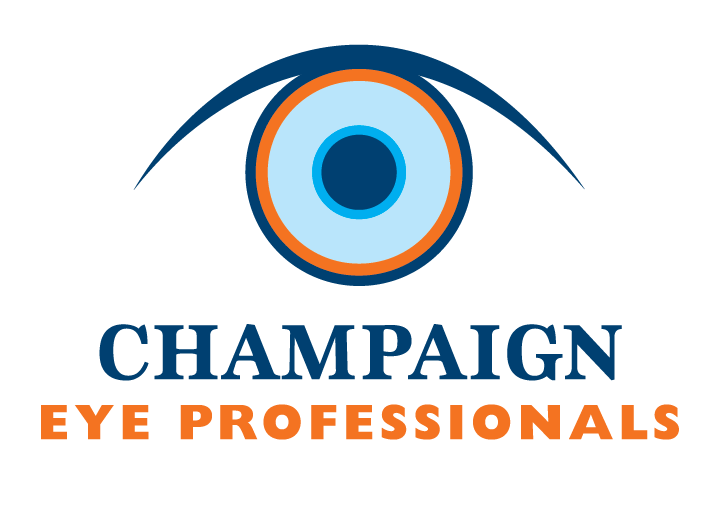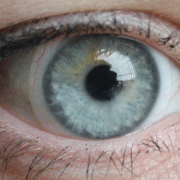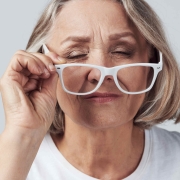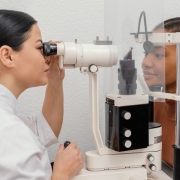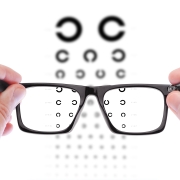The Link Between Eye Strain and Screens
As a child, you may remember hearing your parents warning about straining your eyes. “Don’t strain your eyes,” they’d say as they turned on the lamp while you were reading or urged you to sit back away from the TV while you watched your favorite show. While the concept of straining your eyes may seem like an old wives’ tale, it’s very real. And, in today’s world, filled with screens, it’s become more common than ever before.
What is Eye Strain?
Your optometrist in Champaign, IL, can explain eye strain in detail during your next eye exam. But in general, eye strain is a kind of eye fatigue, where the muscles of your eyes become fatigued due to overexertion. Compare it to holding something heavy over your head for a long time. Eventually, your arm muscles would give out because of the strain. That’s similar to what your eyes are subjected to under certain circumstances.
The Link Between Eye Strain and Screens
Today, we stare at screens for hours on end. We look at our phones while we wait in line, peruse a screen at a restaurant to see what’s on the menu, look at the computer screen at work, then come home and stare at a television screen until bedtime. It’s relentless.
Most light emitted from screens is blue light, which is especially harmful to the eyes. Worse, studies have shown that people blink less often when staring at screens, increasing eye strain. The situation is so bad that a dedicated term has been coined called “computer vision syndrome.”
Your optometrist in Champaign, IL, at Champaign Eye Professionals, can offer you ways to protect your eyes from eye strain. Come for an eye exam and learn how to reduce or eliminate eye strain.
